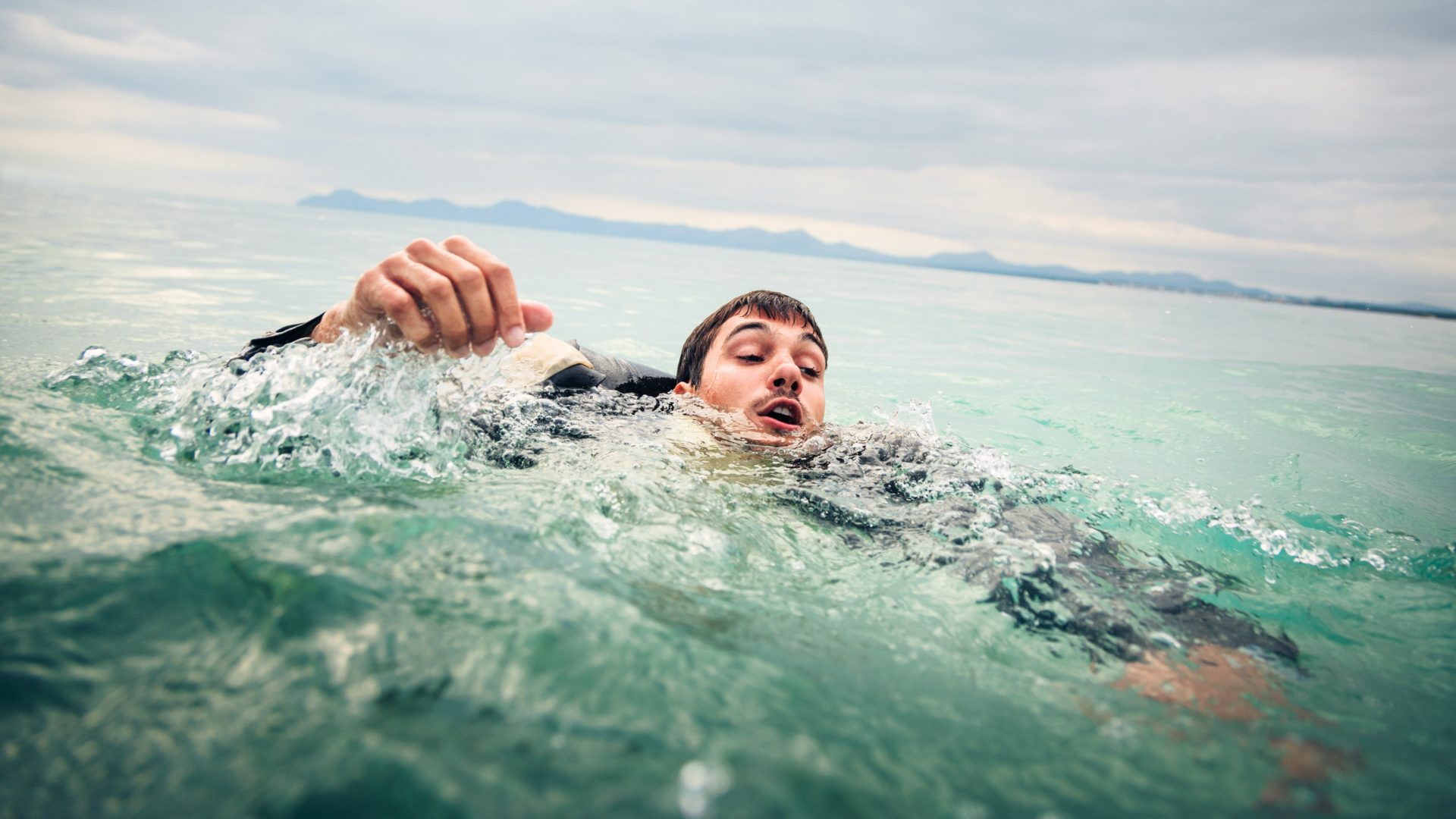The National Water Safety Forum (NWSF) has issued an urgent appeal to the UK government to appoint a minister responsible for drowning prevention after the release of the World Health Organisation’s (WHO) groundbreaking Global Status Report on Drowning Prevention.
This landmark study is the first of its kind to comprehensively measure drowning risks and response efforts worldwide. It highlights drowning as a silent epidemic, claiming over 300,000 lives globally in 2021, and almost 600 in the UK in 2022.
While the UK outperforms global averages, data from the UK’s Water Incident Database (WAID) shows that accidental drowning deaths have plateaued since 2019, with a slight increase in 2023—likely linked to the surge in water-based activities post-Covid-19.
Despite the gravity of the issue, the UK government has yet to formally adopt all critical recommendations set out in the UN Assembly’s 2021 Resolution on drowning prevention. Instead, initiatives remain reliant on voluntary networks like the NWSF, hosted by RoSPA, which has acted as a national focal point for this lifesaving work since 2004.
In sharp contrast, devolved administrations in Wales and Scotland have each assigned responsibility for drowning prevention to a named government minister. Scotland’s Drowning Prevention Strategy has driven a 10% reduction in accidental drowning fatalities since 2019. Such success underscores the potential impact of government leadership in this vital area of public health.
The NWSF is urging the UK government to formally designate responsibility for drowning prevention to a specific minister and government department. Whilst the NWSF and the drowning prevention community has done well to keep drowning deaths relatively static, in order to see a real reduction in these preventable and tragic incidents – and to achieve a UK without drowning – both of these interventions are urgently required.
Professor Mike Tipton, Chair of the NWSF, said:
“It’s time for the UK government to recognise drowning prevention as a critical public health priority. Effective prevention requires leadership, funding, and collaboration across science, safety, and rescue. The NWSF is ready to lead the charge, but we need formal ministerial responsibility to turn the tide on preventable drowning deaths.”
The NWSF’s call echoes the recommendations of RoSPA’s recent report, Safer Lives, Stronger Nation, which urges the UK government to adopt a National Accident Prevention Strategy. With accidental deaths up 42% over the last decade, action is overdue. Drowning is a devastating contributor to this crisis, robbing families of loved ones in entirely preventable tragedies.
Rebecca Hickman, CEO of RoSPA, said:
“To RoSPA, the World Health Organisation’s Global Status Report on Drowning Prevention is a groundbreaking call to action, emphasising the urgent need to address drowning as a significant global health challenge. Our organisation is deeply committed to preventing drowning incidents, and this report underscores the importance of the proactive measures we have championed. Our recent Safer Lives, Stronger Nation report highlights key policy data-led recommendations, including strengthening water safety education and implementing a national water safety plan from 2026. By working together and introducing these evidence-based solutions, we can save lives and build safer communities across the UK.”
The Global Status Report on Drowning Prevention was launched globally on December 13, 2024 in Geneva.



